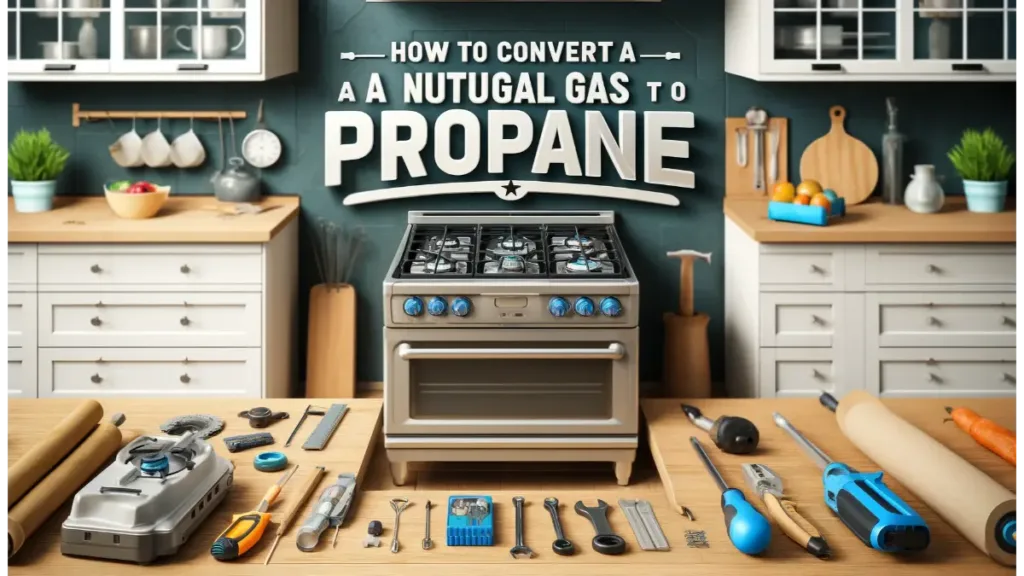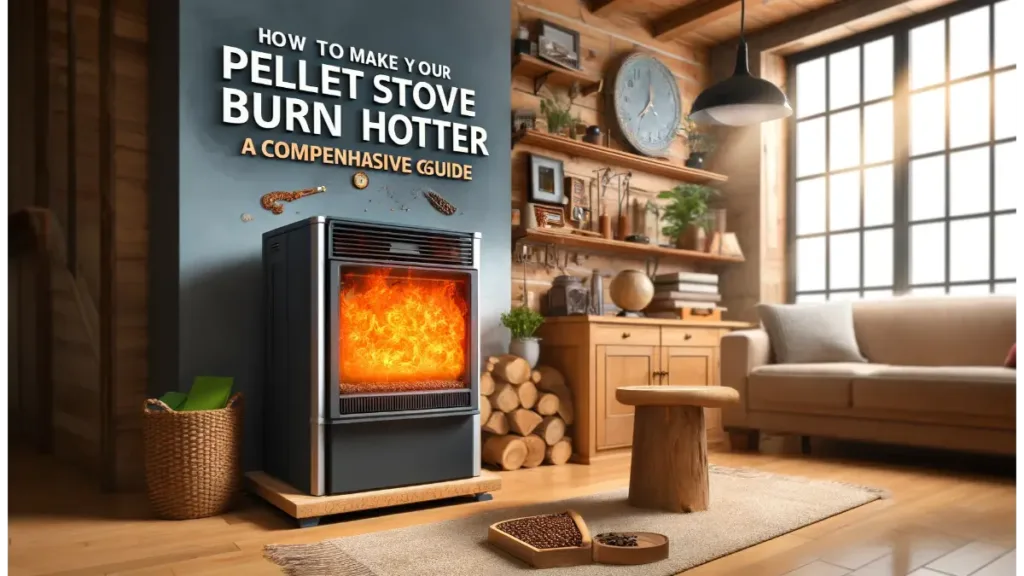Have you ever wondered if your induction cookware could be just as effective on a gas stove? Many home chefs are left pondering whether their investment in induction-specific pots and pans limits their cooking methods. Can you use induction cookware on a gas stove? This common kitchen question leaves many second-guessing the versatility of their cookware.

“In this post, you’ll learn about the compatibility of induction cookware with gas stoves, exploring both the opportunities and the limitations.” Discover the secrets to using your induction cookware effectively on different cooking surfaces and maximizing your kitchen’s flexibility.
Also Read: Why to Choose Induction Stove
Can You Use Induction Cookware on a Gas Stove?
Yes, You Can! But There Are Exceptions
Yes, You Can! But There Are Exceptions. Using induction cookware on a gas stove isn’t just convenient; it can enhance your cooking experience. Let’s delve deeper into the reasons why these two might be a good match, and when caution is warranted.
Benefits of Using Induction Cookware on Gas Stoves
- Even Heating: Induction cookware is designed to distribute heat uniformly. This feature complements the natural flame of a gas stove, which can often concentrate heat in the center of the pan. By combining them, you achieve a more evenly heated surface, ideal for cooking dishes that require consistent temperature.

- Durability: Induction cookware is generally robust, and built to handle the rapid temperature changes caused by the electromagnetic reaction on induction stoves. This makes them equally capable of handling the thermal rigors of gas flames, ensuring a long life for your cookware with proper care.

Despite these benefits of induction cooking over traditional cooking, it’s important to be aware of certain situations where induction cookware might not be the best choice for gas cooking.
Exceptions and Potential Concerns
While induction cookware is versatile, not every piece will be suited to the environment of a gas stove. Understanding these exceptions can help prevent damage to your cookware and ensure optimal cooking results.
Thin-Based Pans
Risk of Warping: The biggest concern with using thin-based induction cookware on gas stoves is warping. Gas stoves heat pans from below, focusing the flame directly on the base. If the base is too thin, it can quickly overheat and deform.

This is less of a risk on induction cooktops where the heat is generated electromagnetically and spread out more evenly.
Non-Stick Coatings
Direct Flame Issues: Many non-stick pans are safe for use on induction stoves because the heat is less direct and can be precisely controlled. However, the direct flame of a gas stove can exceed the temperature thresholds that non-stick coatings are designed to handle.

Exposure to high temperatures can cause the coating to break down, releasing harmful chemicals and ruining its non-stick properties.
Induction-Specific Cookware
Limited Compatibility: Some induction cookware is engineered specifically for electromagnetic compatibility and may lack the physical characteristics needed for effective use on gas stoves.

For example, the base might be too smooth to effectively contact the grate of a gas burner, leading to slippage or inefficient heating.
Tips for Using Induction Cookware on Gas Safely and Effectively
Using induction cookware on a gas stove can greatly enhance your cooking if done correctly. To ensure safety and efficiency, follow these strategic tips tailored to mitigate the risks and optimize the performance of your cookware on gas stoves.
Choose the Right Cookware

- Thick, Flat Bases: Opt for pans with thick, flat bases. These are essential for preventing warping and ensuring even heat distribution when exposed to the direct flames of a gas stove.
- Size Matters: Always use cookware that matches the size of the gas burner. This alignment helps prevent the overheating of panhandles and sides, which could lead to damage or safety hazards.
Manage the Heat
- Careful Heat Adjustment: Induction cookware typically heats up faster and retains heat longer than regular cookware. Start with a lower heat setting than you think you need, and adjust as necessary to prevent overheating.
- Avoid High Heat: Keep the flame moderate, especially with induction cookware that has a non-stick coating or is thinner. Excessive heat can damage the cookware and affect its longevity and performance.
Regular Maintenance
Routine Checks: Regularly inspect your cookware for any signs of damage, such as warping or deterioration of the non-stick coating. Early detection can prevent further damage and maintain the quality of your cooking.
FAQs
In this section, we address some frequently asked questions about using induction cookware on gas stoves, providing clear and concise answers to help demystify common concerns.
Can all induction cookware be used on gas stoves?
No, while many induction cookware items are compatible due to their ferrous material construction, those with very thin bases or certain types of non-stick coatings may not perform well or could be damaged by the direct heat of a gas flame.
How can I tell if my induction cookware is safe for gas?
Check the manufacturer’s guidelines first, as they will indicate if the cookware is suitable for gas stoves. Additionally, a simple test is to use a magnet; if it sticks firmly to the base of the pan, it is likely to be safe for gas.
Does using induction cookware on gas affect its performance on induction cooktops?
It shouldn’t, as long as the cookware is used properly and not subjected to extreme conditions that could warp the base or damage the coating. Maintaining the cookware in good condition will ensure it performs well on both types of stoves.
Should I buy separate cookware for gas and induction?
This depends on your specific needs and frequency of use. If you regularly switch between gas and induction, investing in high-quality cookware that works well on both might be cost-effective and convenient.
What if my non-stick cookware has a magnetic base? Is it safe for gas?
Double-check with the manufacturer. If the non-stick coating is high quality and designed to withstand high temperatures, it may be safe. However, always use it with care, avoiding high heat settings to preserve its non-stick properties.
Conclusion
In conclusion, induction cookware generally works well on gas stoves, but there are a few exceptions to keep in mind. Most induction pots and pans are made from materials like iron or steel, making them suitable for gas.
However, items with thin bases or delicate non-stick coatings may not handle the direct flame of a gas stove well and can be damaged by high heat settings. For the best results, choose induction cookware with a thick, flat base to ensure even heating and avoid warping.
Always manage the flame carefully to prevent overheating. By understanding and respecting the capabilities of your induction cookware, you can use it effectively on both induction and gas stoves.



